General Blog Posts
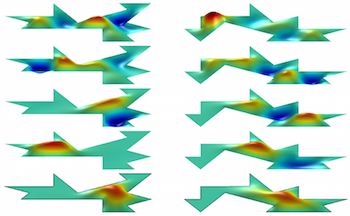
Can We Hear the Shape of a Drum?
Over half a century ago, Mark Kac gave an interesting lecture on a question that he had heard from Professor Bochner ten years earlier: “Can one hear the shape of a drum?”
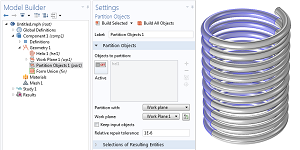
Improving Your Meshing with Partitioning
It can be tedious to subdivide your CAD geometry into a finite element mesh. In this blog post, we demonstrate how to use a manual meshing method called geometric partitioning to do so.
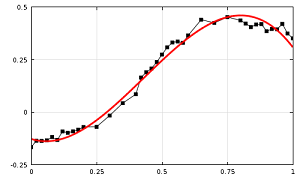
Curve Fitting of Experimental Data with COMSOL Multiphysics
Have you ever had to work with experimental data in a model? Learn how to fit smooth curves and surfaces to experimental data using the core functionality of COMSOL Multiphysics®.

Your Introduction to the COMSOL Server™ License
COMSOL Server™ is a deployment product that can be used to share your simulation apps with colleagues, customers, and design teams. Learn about what you can do with COMSOL Server™ here.

Running COMSOL Multiphysics® with Cloud Computing
You want to run some HPC simulations in COMSOL Multiphysics®, but don’t have access to a cluster. What can you do? One option is cloud computing. Learn more about it here >>
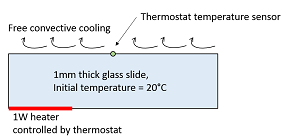
Implementing a Thermostat with the Events Interface
Hot or cold? You can use the Events interface in COMSOL Multiphysics® to implement a basic on-off thermostat in your model for controlling a heat load. Get a demonstration of how to do so here.

Modeling a Periodic Heat Load
Interested in modeling periodic, or pulsed, heat loads? Modeling such a situation accurately and efficiently in COMSOL Multiphysics® is simple with the Events interface. Learn more…
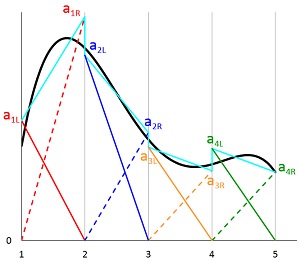
Discretizing the Weak Form Equations
In another installment of our blog series on the weak form equations, get an overview of how these equations are discretized and solved numerically in the COMSOL® software.
